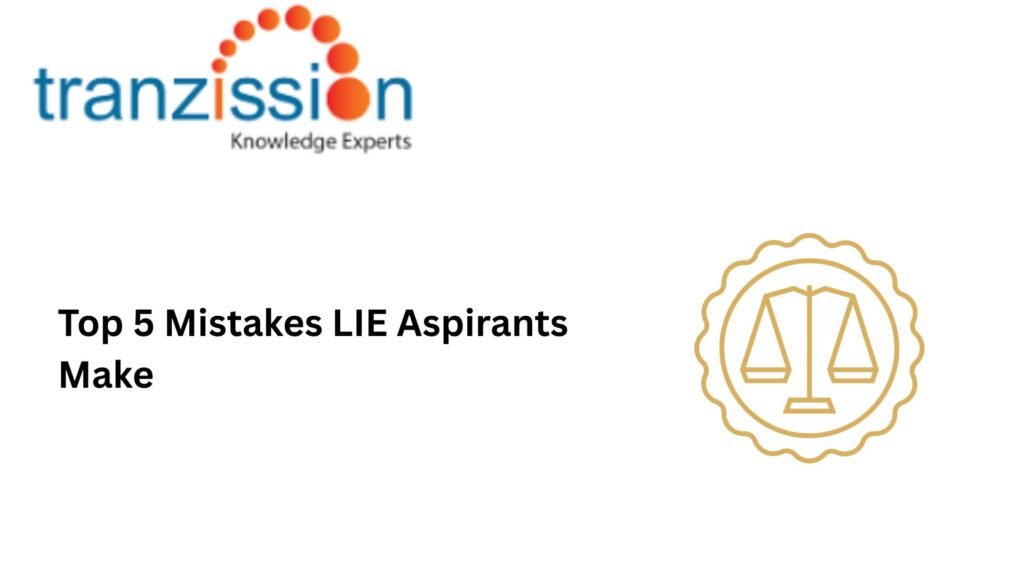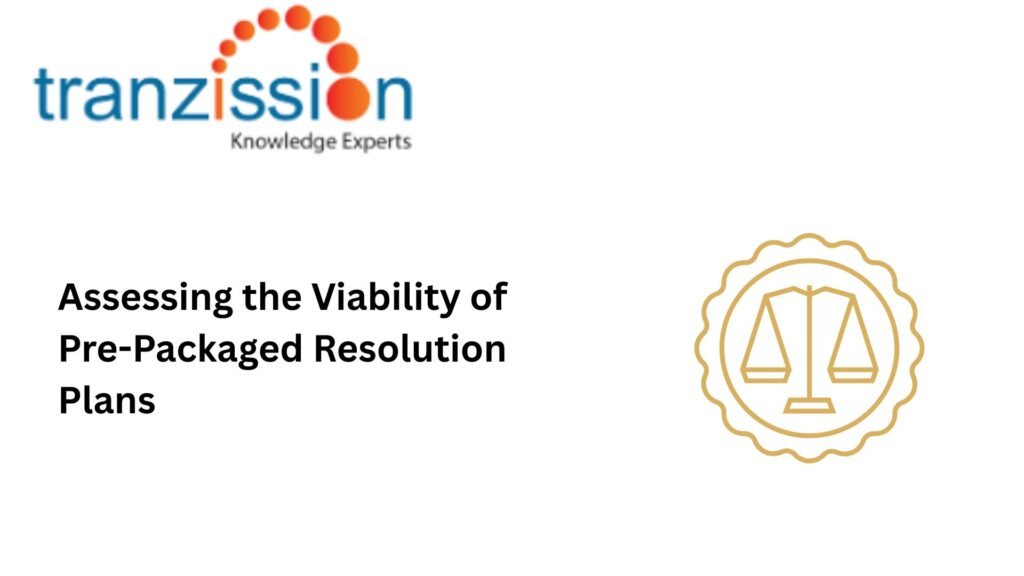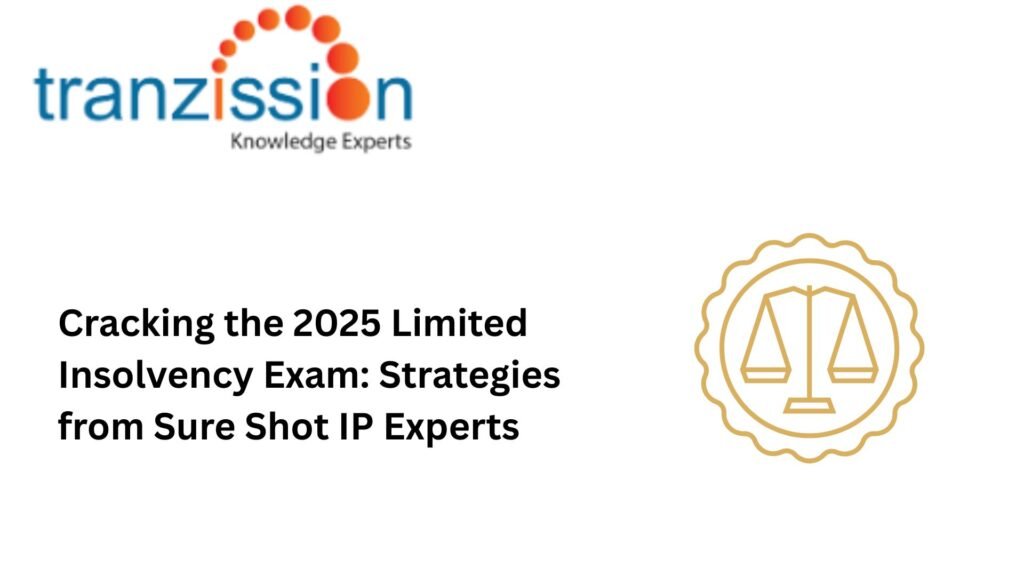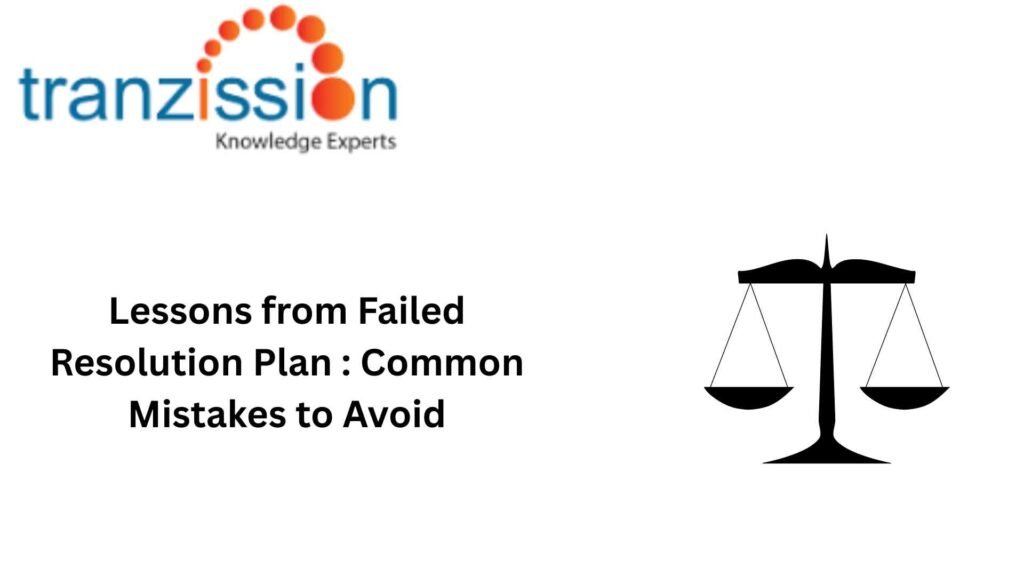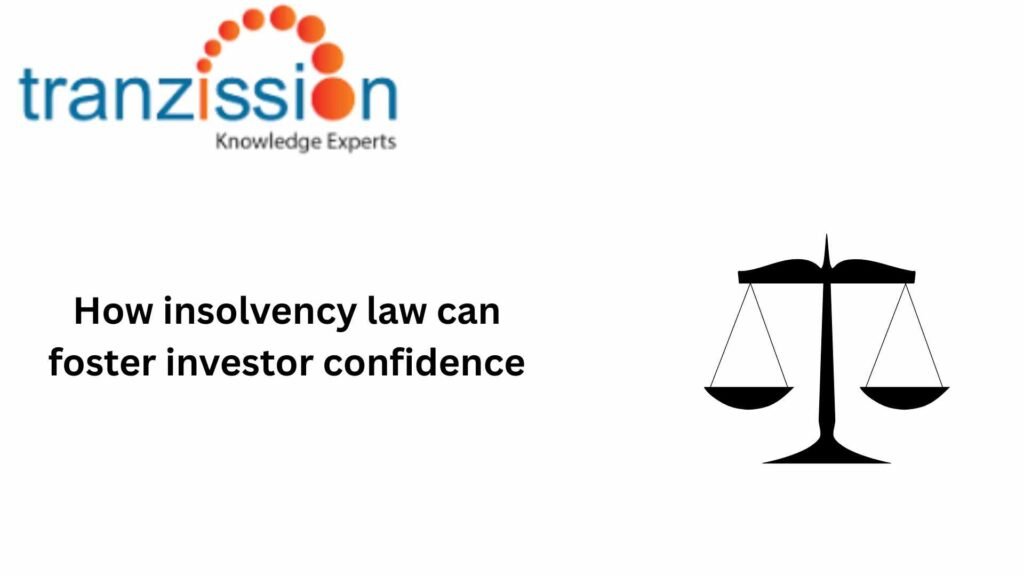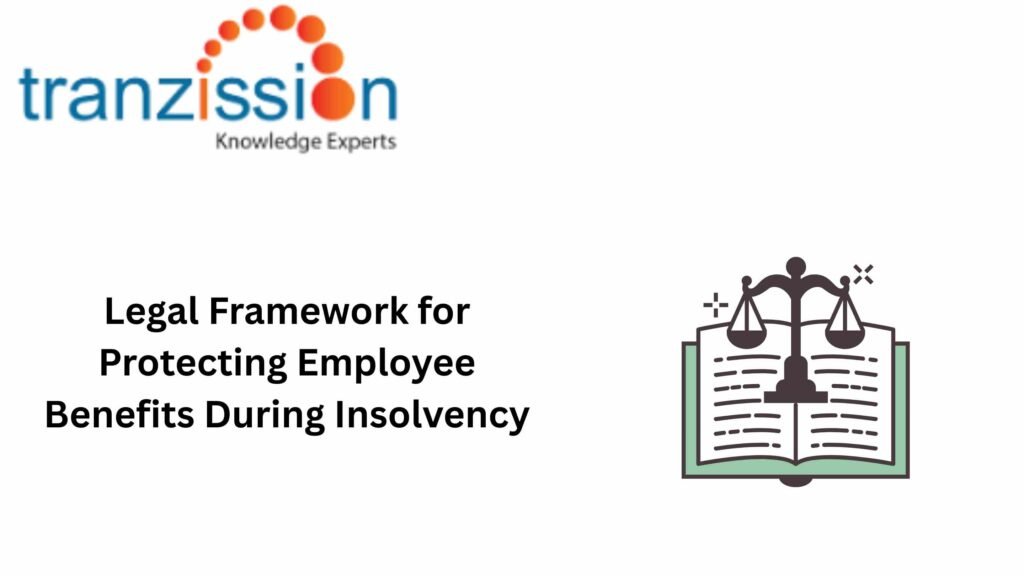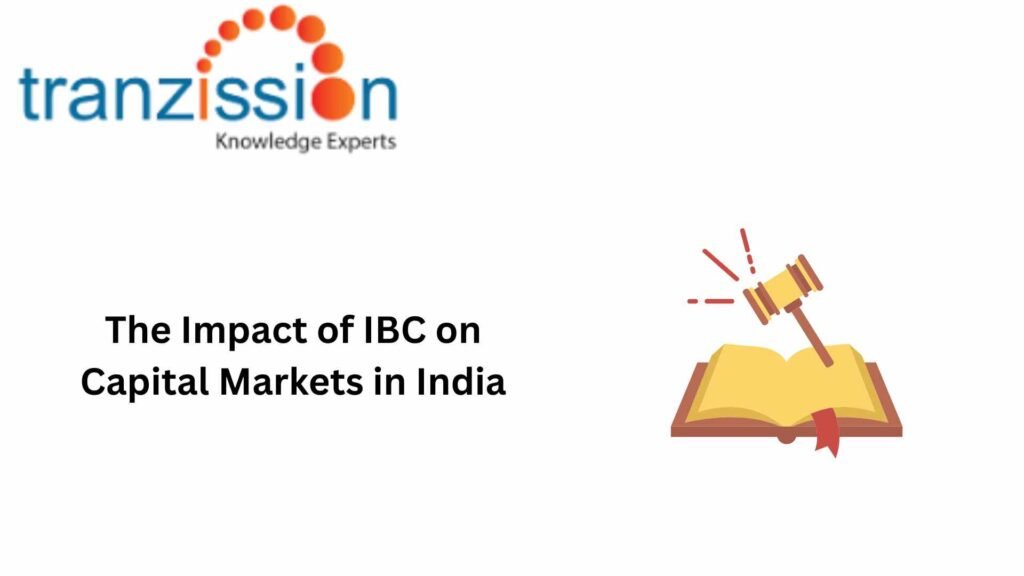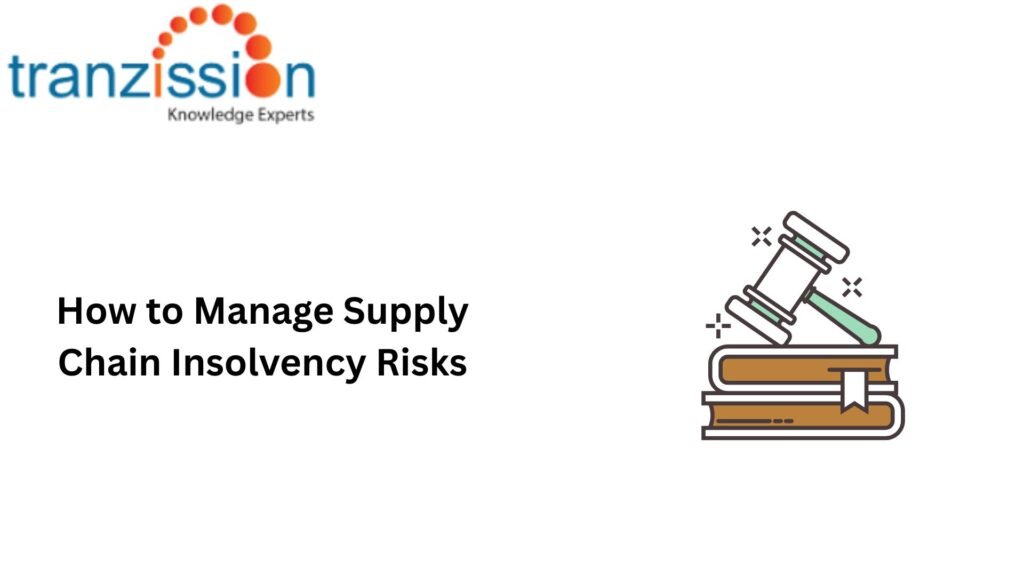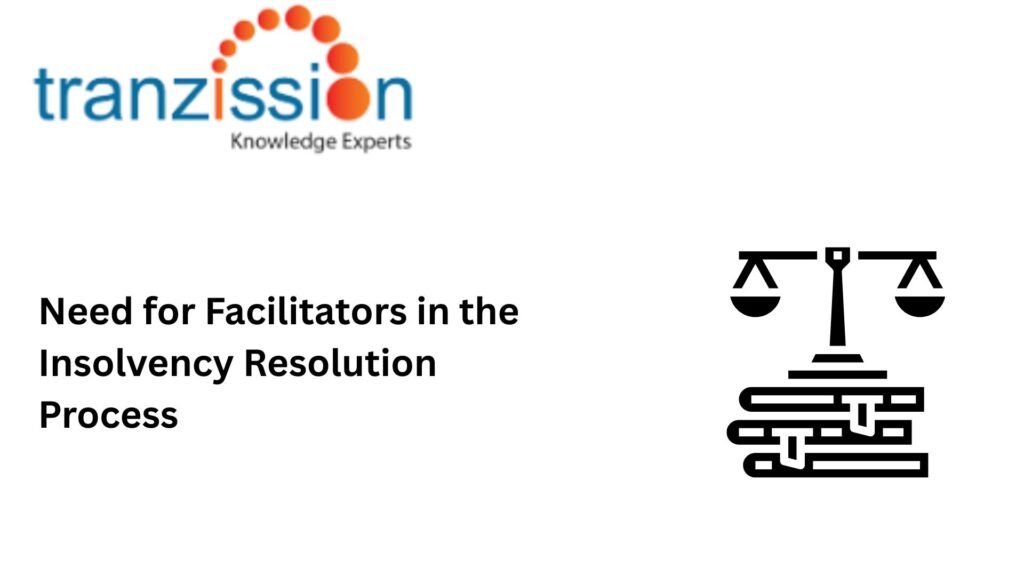Top 5 Mistakes LIE Aspirants Make – And How to Avoid Them
Ravi sat in the exam hall for the Legal Interpretation Exam last year, heart pounding. He had studied – or at least, he thought he had. But halfway through, the questions felt like they were in a foreign language. He wasn’t alone. Every year, thousands of bright minds walk into that room and walk out […]
The Pre-Packaged Resolution Plans Process (PPIRP) offers a streamlined approach to resolving financial distress, particularly for Micro, Small, and Medium Enterprises (MSMEs) under the Insolvency and Bankruptcy Code, 2016 (“the IBC”). Sections 54A to 54P of the IBC establish the framework for PPIRP. Section 54A specifies the eligibility criteria for a corporate debtor to be […]
Picture this. You’re sitting in the exam hall for the Limited Insolvency Exam. The timer starts ticking. Question after question flashes on the screen: IBC provisions, tricky case law interpretations, and real-life case study scenarios. You take a deep breath and smile, because you’ve seen this before. You’ve practised it. You own this moment. Cracking the 2025 Limited […]
“Resolution plan” is not explicitly defined; however, as per the IBC provisions, it is important to resolve the financial difficulties of a company undergoing insolvency proceedings. It is essentially a proposal for a resolution applicant to resolve the company’s financial problems, aiming to restore it as a going concern. Section 30 outlines the process for […]
Investor Expectations: Legal frameworks provide a structured process for debt recovery, business reorganisation, and asset distribution and significantly influence investment decisions during insolvency. These frameworks, including the Insolvency and Bankruptcy Code, 2016 (IBC), offer a predictable and enforceable system that enhances insolvency law can foster investor confidence, potentially encouraging investment in distressed companies. They assure […]
Section 5(21) of the IBC defines “operational debt” as a claim arising from the provision of goods or services, including employment, or a debt concerning dues payable to the government or a local authority. It essentially covers debt incurred in the normal course of business operations. Operational debt is distinct from financial debt, which involves […]
Section 5(21) of the IBC defines “operational debt” as a claim arising from the provision of goods or services, including employment, disputes over operational debt dues payable to the government or a local authority. It essentially covers debt incurred in the normal course of business operations. Operational debt is distinct from financial debt, which involves […]
Introduced in 2016, the Insolvency and Bankruptcy Code, 2016 (IBC) aims to reduce the time taken for completing the insolvency process and address the issue of non-performing assets (NPAs). It provides a streamlined framework for resolving corporate insolvency, shifting power from the debtor to creditors, and facilitating faster asset recovery. This change has bolstered investor […]
Supply Chain Insolvency Risks refers to the probability that a supplier or customer within the chain will be unable to meet their financial obligations, potentially leading to a disruption or failure of the entire supply chain. This risk can manifest as a supplier’s inability to deliver on time, a customer’s failure to pay, or a […]
The Insolvency and Bankruptcy Board of India (IBBI) notified the Insolvency and Bankruptcy Board of India (Insolvency Resolution Process for Corporate Persons) Regulations, 2016 (CIRP Regulations) through the Insolvency and Bankruptcy Board of India (Insolvency Resolution Process for Corporate Persons) (Amendment) Regulations, 2025. This amendment aims to provide a more balanced approach to resolving insolvency […]

